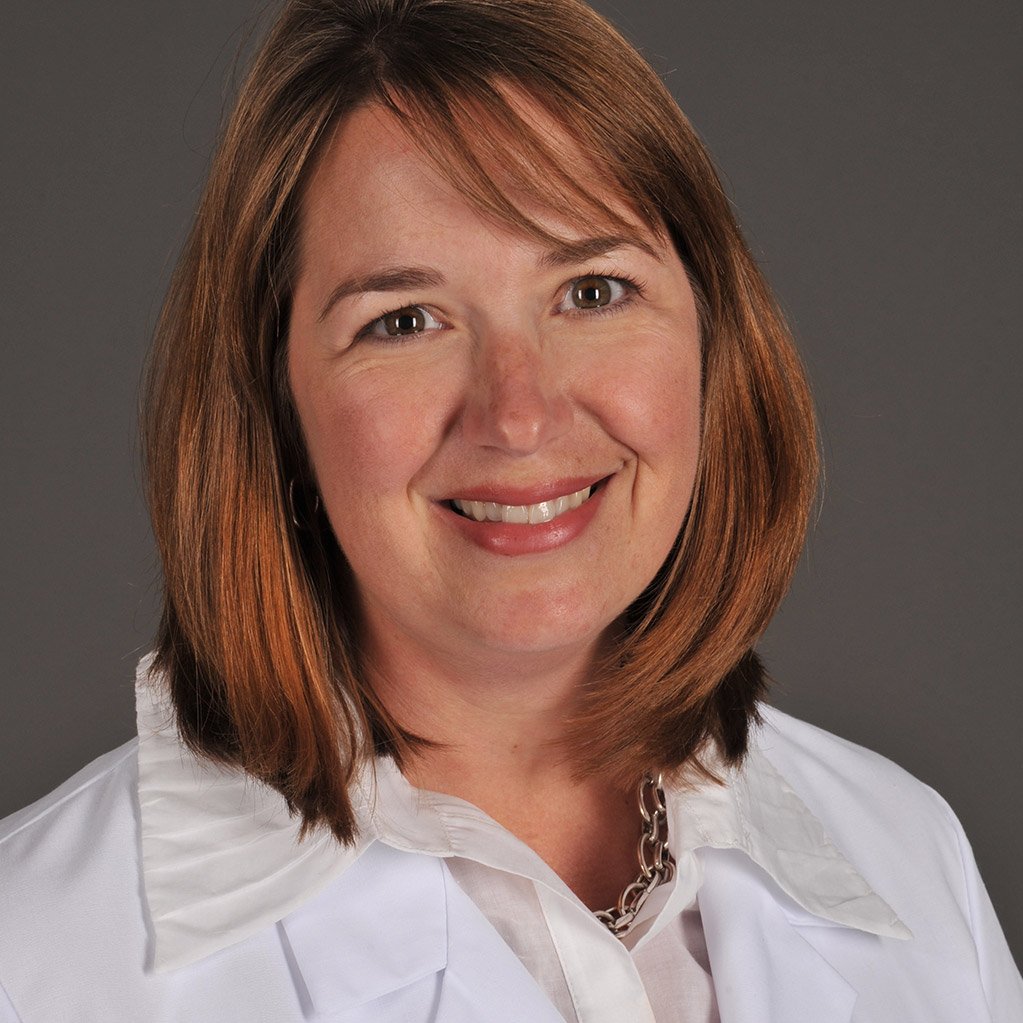Pediatric Cancer Research Is Not 'One Size Fits All'
The role of a hematologist/oncologist involved in unique, innovative patient care
Physician. Scientist. Researcher.
 The role of a pediatric hematologist and oncologist stretches far beyond the walls of Cook Children’s medical center because the physician participates in clinical trials and collaborates with other experts both nationally and internationally.
The role of a pediatric hematologist and oncologist stretches far beyond the walls of Cook Children’s medical center because the physician participates in clinical trials and collaborates with other experts both nationally and internationally.
Meaghan Granger, M.D., medical director of the Neuroblastoma program at Cook Children’s, is involved in unique and innovative patient care as well as important research that could have a long-lasting impact on the treatment of pediatric patients in the near future.
She is involved in multiple trials at Cook Children’s and is an active member in research with the Children’s Oncology Group (COG) and New Approaches to Neuroblastoma Therapy (NANT). Dr. Granger is the lead COG primary investigator for Cook Children’s and her work has made Cook Children’s the highest enrolling NANT institution in the nation.
That collaboration is so important in cancer research because it means more patients participating and more data to review in the search for a cure.
“Pediatric cancer is unique,” Dr. Granger said. “We can't just take adult studies and apply it to these kids. It's not one size fits all. When you look at survival rates, things were very dismal in the 1980s. With each decade since you have seen the survivor curve go up. That's because of the clinical trials and supportive care that pediatric patients receive now."
The group approach among pediatric hematologists and oncologists also creates a virtual think tank. It allows physicians like Dr. Granger to bounce ideas off of one another and share best practices with one another.
"It is a very great thing for all of us. The virtual group of neuroblastoma doctors I'm in, we can call each other. People call me and ask what I think and I can call them," Dr. Granger said. "That happens on maybe a daily basis. The amount of discussions we have with just four or five of my peers and to look at the treatment and research ... it would take a patient 6 months to see that many doctors and get that many opinions. It's so valuable. We can get a lot done in a short period of time. It's invaluable to get other expert opinions on things. In our field, we see things happen all the time that we don't expect."
Dr. Granger credits her “incredible research staff” for making the program successful. Their depth of experience helps them identify the right patients for specific trials and stay in contact with the families to gather and document data. She also praises the patients and their families for participating in the trials. That research may help kids in the future, but that's not the immediate goal. The objective is to find the best course of treatment and care to help the child participating in the trial as quickly as possible.
"I have a high level of confidence that these studies make a difference," Dr. Granger said. "I think that's a big part of why families want to bring their children to Cook Children's because we have so much to offer them when they come here. We generally have several options of treatment to offer them. We help people by giving them hope. Everyone involved in the NBL program has a deep calling and a passion to truly help people.”
